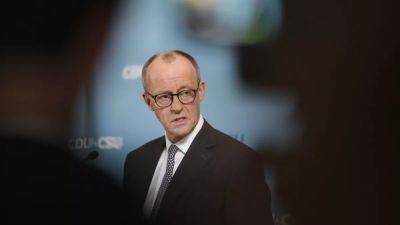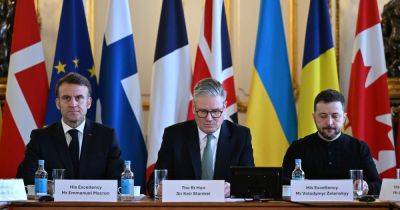German Election: The potential economic impact and market reaction
Voters will head to the polls to decide Germany's next government leader at the weekend. According to the latest opinion poll from Politico, the centre-right Christian Democrats (CDU/CSU) remain the frontrunner, gaining 29% support, followed by the far-right party Alternative for Germany (AfD) at 21%.
Chancellor Olaf Scholz's Social Democratic Party (SPD) stands in third place at 16%, while the Greens are at 13%. The far-left party and the Alliance Sahra Wagenknecht (BSW) are on 6% and 5% respectively.
If the poll's survey is accurate, a potential outcome could be a coalition of the CDU with the SPD or the Greens, as neither party is likely to gain enough votes to form a government alone. The key issues the new ruling party coalition will face centre on Germany's debt limit, immigration, and climate change.
Germany's economy contracted for the second consecutive year in 2024 due to structural economic issues. Soaring energy prices have weighed on its manufacturing activities since Russia's invasion of Ukraine in 2022. The rising cost of living, increasing migration, and green energy regulations have caused public and business dissatisfaction, necessitating reforms in these key policies.
The first agenda item the new government is expected to address is the reform of Germany's "debt break", a fiscal rule enacted in 2009 that limits government borrowing by controlling the budget deficit to 0.35% of the country’s gross domestic product (GDP).
Chancellor Olaf Scholz and the Greens have both called for increasing the debt level, as there is a shortfall of €25bn in the 2025 budget. However, his coalition partner, the FDP, rejected the proposal, leading to a government collapse. Scholz argued that Germany's debt-to-GDP ratio is







